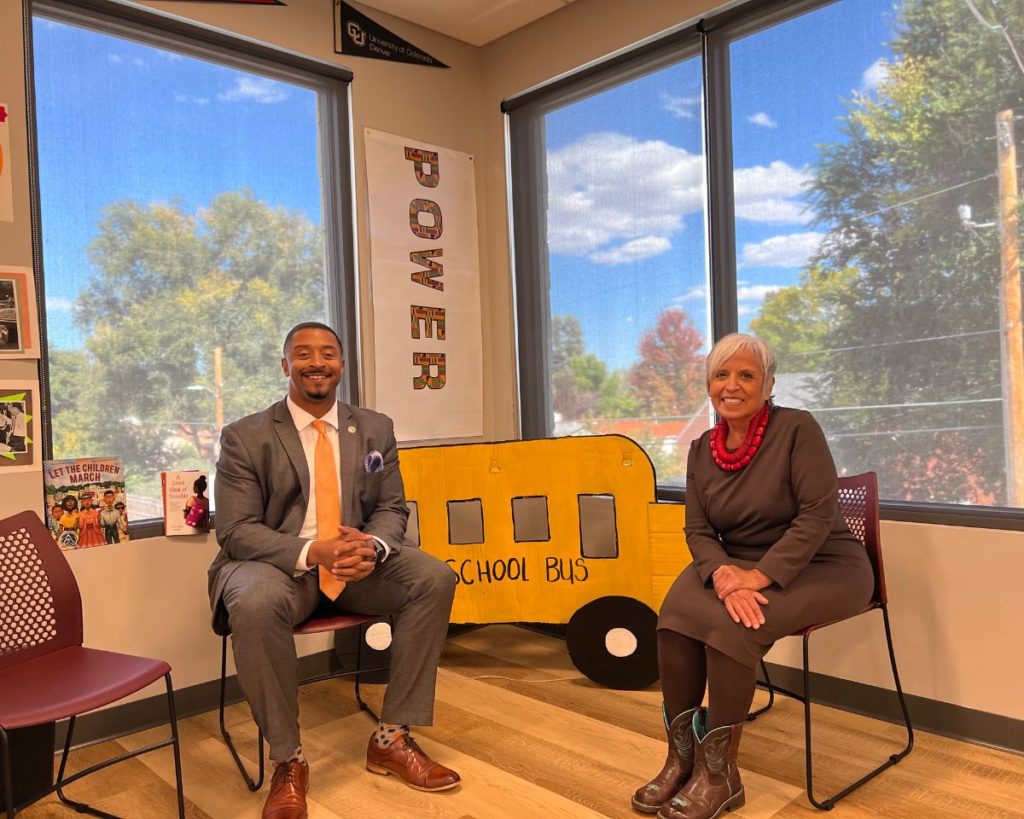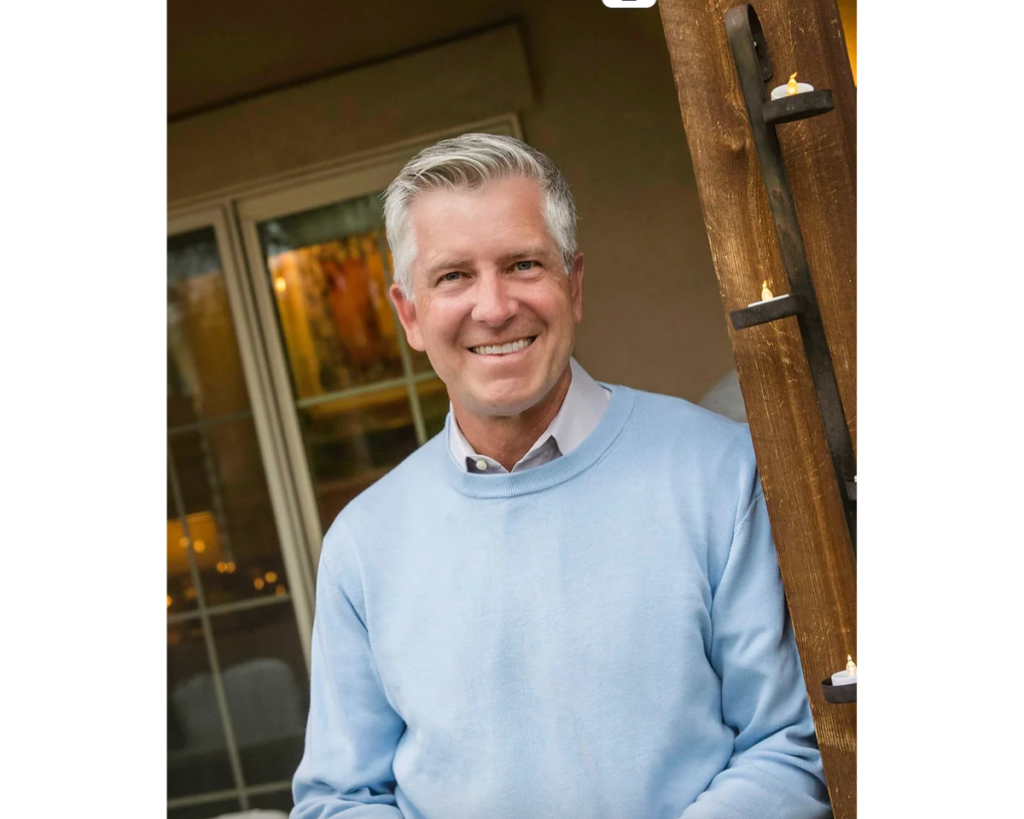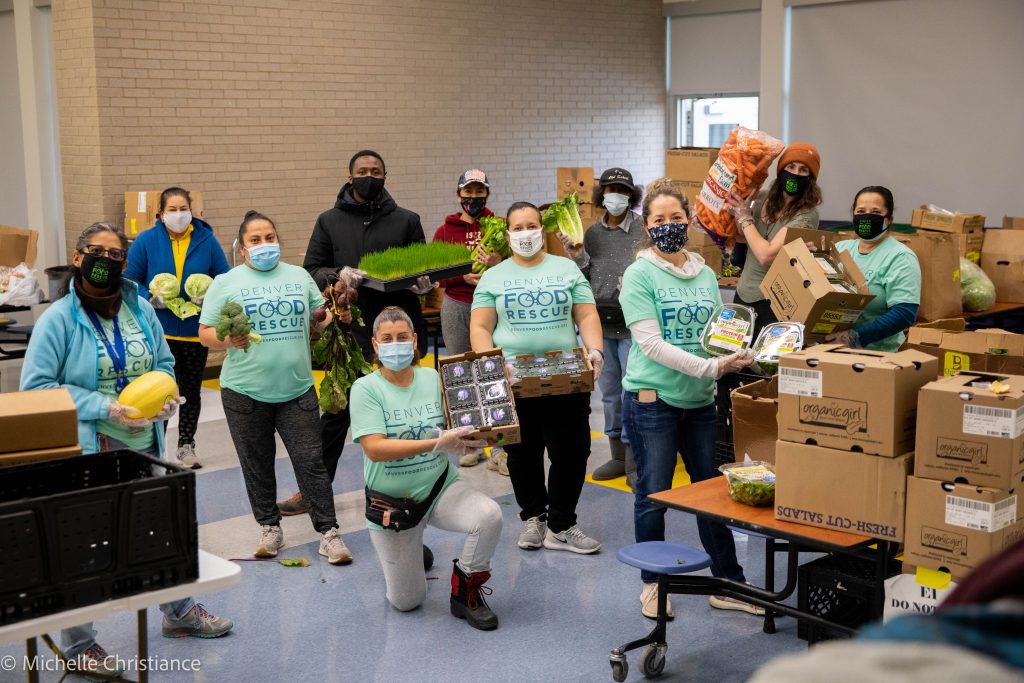Editor’s note: In an op-ed column published in The Denver Post October 1, Colorado State Senator James Coleman and Rosemary Rodriguez, a former Denver school board member, city council president, and Obama administration official, announced the formation of EDUCATE Denver, a new coalition of civic and business leaders created to push for better academic outcomes and the closing of opportunity gaps in Denver Public Schools.
“The situation in Denver today should fuel outrage. It wastes taxpayer money, neglects the future of our children, and risks the future of our city. Academics and policymakers broadly agree that education is the key to a healthy economy and high-functioning community. Geographies with the best-educated human capital, the product of an ECE-12 education system, experience the greatest growth and the least income disparity as children become students, and then leaders, in their locales. Denver will only ever be as vibrant as the young minds it cultivates.
Throughout the summer, this concept circulated among several civic leaders who know that Denver can “have it all.”
We launched EDUCATE Denver: A Civic Coalition for Denver Public School students to make it happen. We are 30 diverse and committed leaders from all corners of the city with unique backgrounds and a broad range of experiences.”
Coleman and Rodriguez are co-chairing EDUCATE Denver, which includes among its diverse, bipartisan membership former mayors Federico Peña and Wellington Webb, and several former Denver school board members, as well as prominent members of the business and advocacy communities.
Boardhawk interviewed Coleman and Rodriguez October 10 to get a better sense of their goals for this new civic organization.
This interview has been edited for length and clarity.
Boardhawk: What made you decide that now was the time to form a new civic organization focused on Denver Public Schools?
Rosemary Rodriguez: Everywhere we go, people want to talk DPS. We can’t go to the grocery store without someone stopping us and asking ‘what’s going on?’ So several of us started talking to each other and saying maybe there’s a space to bring civic leaders together and up to speed on what is happening in the district.
(Former superintendents) Michael Bennet, Tom Boasberg, and Susana Cordova, they called on us whenever they needed us. We knew what was happening inside the district. Now we read these things about declining achievement. What needs to happen? What can we do to help? So many people had those questions that we decided to get organized.
Boardhawk: The list of members is impressive – a lot of high-powered people. But who will do the actual day-to-day work?
Rodriguez: We’ve hired Nan Baumbusch to staff the organization (Baumbusch worked as a Broad Fellow inside DPS at the end of Jerry Wartgow’s tenure and in the early days of Michael Bemnet’s superintendency). Beyond that, we’re really looking to the committee members to volunteer.
James Coleman: We’ve kept the group to 30 to 40 individuals to keep it manageable. But the benefit of having that number is that you do have somewhat of a working group of folks who are committed to focusing on measurables by which kids academically and non-academically are successful. We want to focus on the strategic roadmap, how the city can support the district.
We’ve had a conversation recently about how do we not become just another talking group? The outcomes are particularly important, but also how does the business and civic community invest in supporting the district whenever it’s aligned?
Rodriguez: We also want to be involved in the new dashboard the district will develop. How is DPS measuring and reporting progress?
Boardhawk: Have you done outreach to Superintendent Alex Marrero and school board members? If so, what has been their reaction to EDUCATE Denver?
Coleman: Yes, we have spoken with the superintendent and every school board member. We also spoke with every member of the Denver delegation at the state legislature, the governor’s office, and the mayor’s office. In all those conversations, the goal was to share about the work that we will be doing and we received positive reviews. Folks wanted to make sure that they stay engaged. We need their help and involvement. They offer that as well. Everyone was excited about the prospect of EDUCATE Denver, mobilizing business and civic leaders to support the district.
Boardhawk: Was there any hesitancy on the part of board members or district leadership, or anxiety that this was going to be another group critical of the district’s direction or lack thereof?
Coleman: The reaction was mostly positive. The key point we keep trying to make is (we will work together) ‘where it is aligned.’ It’s also important to recognize and express the collective accountability for where we are, rather than pointing the finger at elected (board members) or those hired or appointed to oversee the district. We also have to examine what does the role of a business leader or a civic leader look like? What role should a civic or business leader play in supporting the district?
Boardhawk: Whom are you hoping to engage as you move forward? Is it district leadership? Community leaders? Is it the community at large?
Rodriguez: Our first audience are the civic and business leaders, and we want them to walk away with a couple of questions.. Where should I intersect with the district? How can I help? Because that’s how we all approach the work. But the ultimate audience is the board. They’re accountable to the voters of Denver. And they, of course, supervise the superintendent.
Boardhawk: Given the polarization around public education in Denver, some people will be critical of this effort right from the start. Far Northeast Denver activist Brandon Pryor wrote on Facebook that EDUCATE Denver is “An echo chamber – performative and transactional politics @ the expense of children. A large # of these people have participated in the oppression of Black children for DECADES.” How do you respond to that kind of pushback before you’ve even done anything as a group?
Coleman: You respond by calling Brandon Pryor and having a conversation with him, and I did. The strength that we have to have as a collective is working with people we agree with and don’t agree with. Everyone is responsible, including myself, for the academic outcomes we currently have. The way that some might see certain folks in EDUCATE Denver, they need to also look at me the same way. This is not about pointing the finger and blaming people or criticizing folks with a certain ideology. It’s about saying we all are taking responsibility for the failures. We all are going to be committed to the success moving forward. And that’s the conversation that we had.
Anyone else who has concerns about any groups in the ecosystem, we have to come together, and that’s a big part of what EDUCATE Denver has to do. This is not a group of yes- men and yes-women. We might have our disagreements, but we are all aligned in the belief that business and civic leaders need to get involved at a higher level, and we need to elevate education to a primary focus and make sure folks are getting engaged in any way that they can.
Boardhawk: There seems to be momentum on the school board and in the district away from transparency and accountability. Is this something your organization needs to address?
Rodriguez: We enjoyed many years in DPS (under Bennet, Boasberg, and Cordova) of getting even more data than we wanted. It was often as painful as could be, but the approach of DPS was to face up to what we now call the opportunity gap. We didn’t see any benefit in denying any of that. I’m really sorry Donald Trump made alternative facts an option in our reality. The district needs to be more forthcoming with facts and data.
We shouldn’t have to file open records act requests, and when we do we shouldn’t get the response, as is too often the case now, that “we don’t have any data responsive to that inquiry” when we all know they have data responsive to the inquiry. It’s creating a lot of frustration.
Boardhawk: What else is on your mind as you launch this effort?
Coleman: The big gaps between white students and Black and brown.You see this big gap between these groups that persists generationally. We’re looking at long term goals but also this needs to change in the very near future. Quite frankly, we’re talking about my kids and I’m not going to wait for four or eight years for things to get better. We’re talking about right now. We want to see that gap shrink. We don’t believe some students have to suffer for others to succeed. That’s another way we can evaluate our success in the short term. Can we help shrink those gaps?
Rodriguez: I want to be sure to emphasize the diversity of the group. We worked very diligently to come up with a group that represented DPS communities who are affected most by policy and make sure we had veterans and newer civic leaders represented. It was important to get lots of voices at the table.




